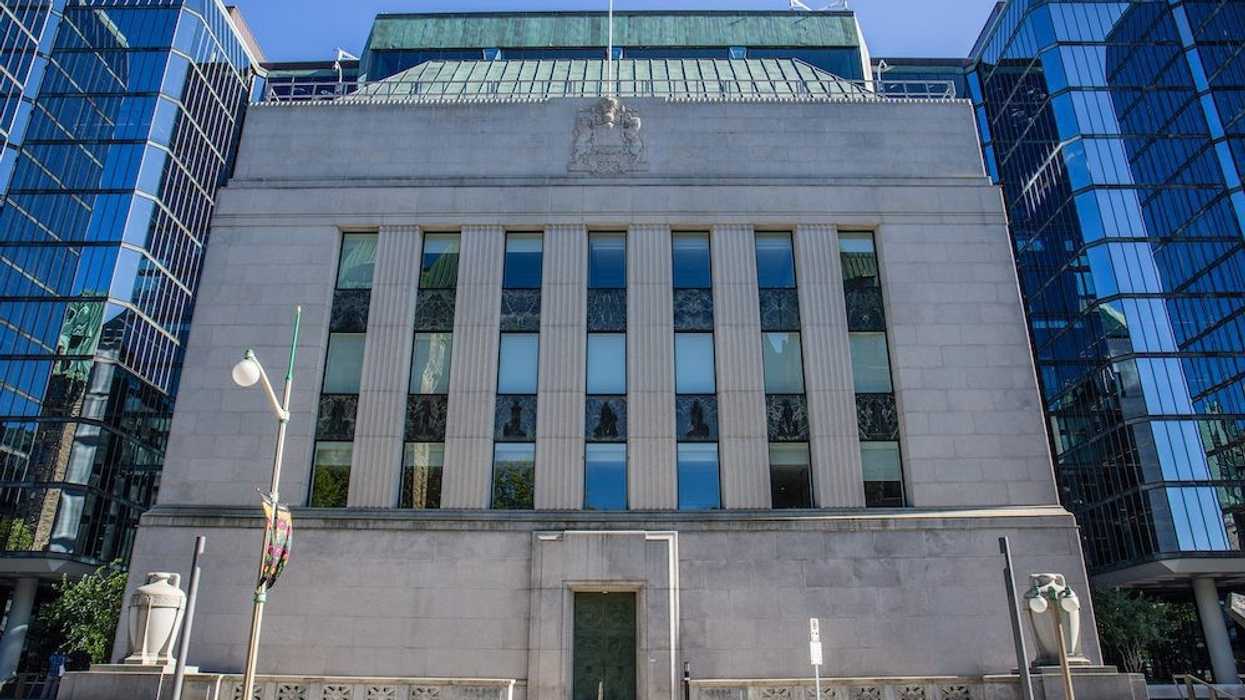Real Estate Investing
Discover how real estate investing works in Canada, from rental properties to REITs, and how to grow wealth through income and appreciation.

May 22, 2025
What is Real Estate Investing?
Real estate investing involves purchasing property or shares in property-based assets to earn income, generate capital appreciation, or both.
Why Does Investing Matter in Real Estate
In Canada, real estate investing is a popular strategy for building wealth and generating passive income. Investors may choose between owning physical properties or investing in real estate through public markets.
Common forms of real estate investing include:
- Rental properties (single-family, multi-unit, or short-term rentals)
- Commercial real estate
- REITs and publicly traded funds
- Development or house-flipping
Key considerations include:
- Upfront capital and financing
- Cash flow and return on investment (ROI)
- Tax treatment and deductible expenses
- Property management responsibilities
Successful investing requires research, due diligence, and financial planning. Risks may include market downturns, vacancy, and maintenance costs. Leveraging mortgages allows investors to control larger assets with less capital, but it increases exposure to interest rate changes.
Understanding real estate investing allows individuals to diversify portfolios, supplement income, and plan for long-term financial goals.
Example of Real Estate Investing
A couple purchases a duplex and rents out both units, earning monthly passive income while the property's value increases over time.
Key Takeaways
- Involves buying property for income or growth.
- Can be active (landlord) or passive (REITs).
- Requires financing, planning, and risk management.
- Generates income, equity, and tax benefits.
- Popular for long-term wealth building.
Related Terms
- Passive Income
- Rental Property
- REIT
- Publicly Traded Funds
- Capital Gains Tax

 A rendering of Frame in East Vancouver. (Peterson)
A rendering of Frame in East Vancouver. (Peterson) The Tesla facility set for 908 Raymur Avenue in Vancouver. (Beedie)
The Tesla facility set for 908 Raymur Avenue in Vancouver. (Beedie) Phase One of Sen̓áḵw in Summer 2025. (OPTrust, Nch’ḵay̓)
Phase One of Sen̓áḵw in Summer 2025. (OPTrust, Nch’ḵay̓) (QuadReal Property Group, Westbank)
(QuadReal Property Group, Westbank) The two-tower Cascades project under construction in mid-2025. (Ledcor)
The two-tower Cascades project under construction in mid-2025. (Ledcor) A rendering of Perla near Central Park. (Polygon Homes)
A rendering of Perla near Central Park. (Polygon Homes) Phase One of Concord Metrotown is located at the corner of Kingsway and Nelson Avenue in Burnaby. (Concord Pacific)
Phase One of Concord Metrotown is located at the corner of Kingsway and Nelson Avenue in Burnaby. (Concord Pacific) Myriad will complete Concert Properties’ Heart of Burquitlam community. (Concert Properties)
Myriad will complete Concert Properties’ Heart of Burquitlam community. (Concert Properties) SOCO 2 (left) in Coquitlam. (Drew Powell, LinkedIn)
SOCO 2 (left) in Coquitlam. (Drew Powell, LinkedIn) King George Hub in Surrey. (Submitted by PCI Developments)
King George Hub in Surrey. (Submitted by PCI Developments)







 The Yonge Corporate Centre at 4100-4150 Yonge Street. (Europro)
The Yonge Corporate Centre at 4100-4150 Yonge Street. (Europro)

 Jon Sailer
Jon Sailer













 Pennyfarthing's The Capstone, Langley (pennyfarthinghomes.ca)
Pennyfarthing's The Capstone, Langley (pennyfarthinghomes.ca)  Rendering for MAKE Projects' Smith Campus Middle and Secondary School (makeprojects.ca)
Rendering for MAKE Projects' Smith Campus Middle and Secondary School (makeprojects.ca) Rendering for STRYKE's Innovation District
Rendering for STRYKE's Innovation District 